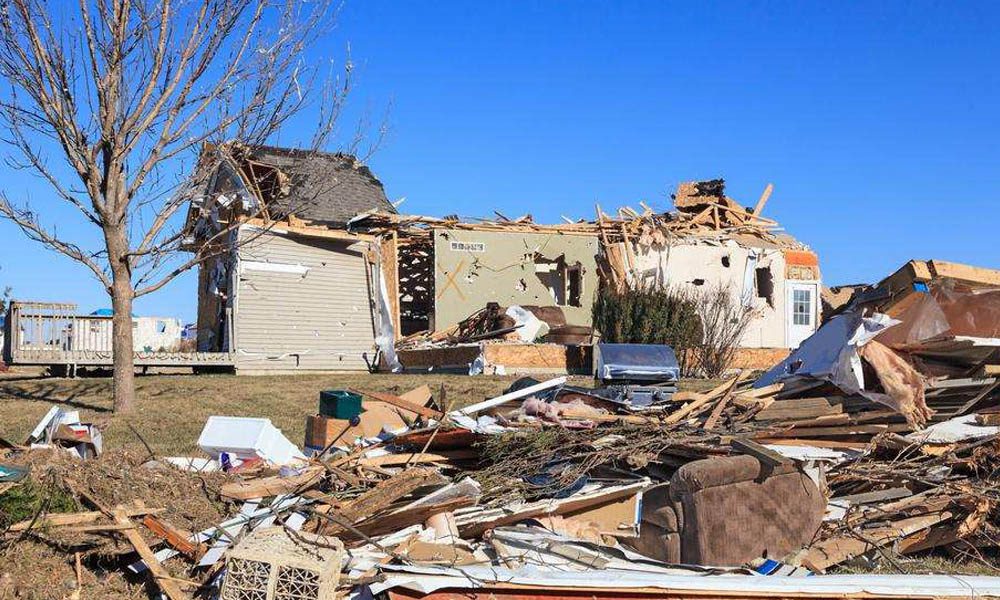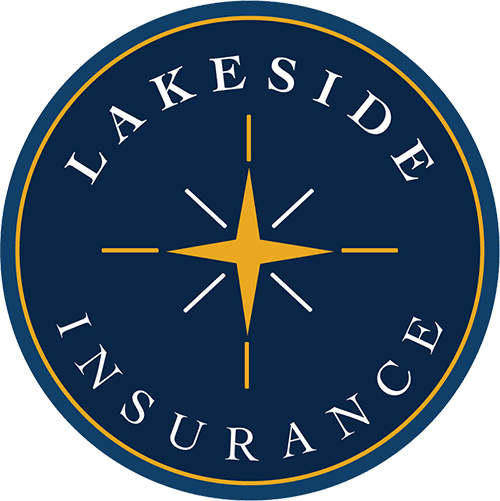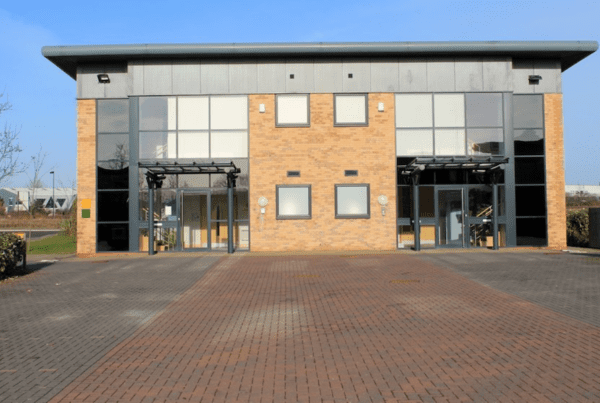
Your home is your private sanctuary, the place you hang your hat each night and possibly the biggest investment you’ll make in your lifetime. And your homeowners insurance policy is there to cover the unexpected.
There are a couple of ways your insurance will cover the cost to replace your home in the event of a disastrous loss. Two of those are replacement cost or market value. Are you concerned about which approach you’re taking with your policy?
Market value
If you have a devastating event like a fire, market value can fall seriously short. What is market value? It’s what your house will sell for in today’s market. This varies depending on the economy, interest rates, location, school districts and many other factors that have little to do with your home itself.
If you have an ornate home that has custom woodwork/masonry or is made of expensive materials, rebuilding your home to its original condition could be higher than the purchase price of the home and the land it stands on. If that’s the case, you’d likely pay lower premiums for the insurance market value of your home rather than with a replacement policy.
If you don’t have a lot of cash, it is practical to purchase a policy based on the property’s value vs. price of repairs and restoration if disaster strikes.
One thing to consider is the risk of having incomplete coverage if you choose to go with market value. In most cases, the cost of rebuilding a home after a fire or disaster is more than the actual cash value of the home or property that was established when you purchased the policy.
Replacement value
Replacement value, on the other hand, is what it would cost to rebuild your home as is, including removal of debris from the loss. This likely would cost more than simply buying another home.
Permits, inspections, materials and everything needed to build a home would be required. Compare that to simply remodeling with the same materials you may have used to finish the basement a few years ago. Building costs may have increased and replacement value considers those costs.
Replacement value also considers factors that you may not ordinarily take into account. For instance, if your loss was due to a community-wide catastrophe, like wildfires, building materials may be in short supply and may cost more than normal. When an entire town is damaged, supplies are likely to be low.
The same applies to the availability of building contractors; you may not find someone who can get started rebuilding your property immediately. And when you do, the contractor may charge more than normal because of the increased demand. All this is considered when developing the replacement value of your property.
Which coverage is right for you?
Market or replacement value? If your home is partially or completely destroyed by an unforeseen event, the market value may have you paying the difference between the replacement and market value. That can be a costly surprise you never want to have to face.
Be sure to speak with your insurance professional and review your coverage. Ensure you’re insured to replacement value, it’s your best protection against costly losses and surprises.




